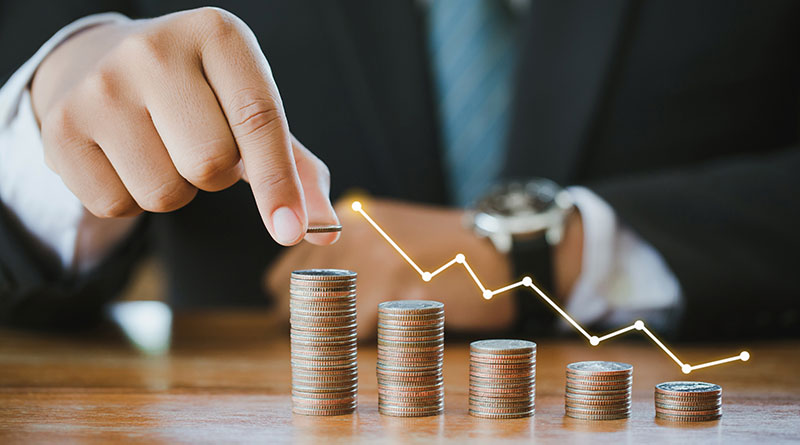Sector Responds to Latest Inflation Figures

Industry leaders have reacted positively to the news that inflation has fallen sharply, according to the latest official figures.
The key, consumer price index (CPI) measure of inflation fell to 6.8% in the year to July, down from of 7.9% in June according to Office of National Statistics (ONS), however the this current announcement of 6.8% is significantly short of the government’s target of 2%.
This latest announcement means prices are still rising but at a slower rate than before as the energy regulator Ofgem changed the energy price cap in July which brought down bills.
UKHospitality Chief Executive Kate Nicholls said: “Another fall in the overall rate of inflation is encouraging and indicates a positive trend.
“However, core inflation remaining flat at 7% does raise serious concerns that hospitality businesses will be hit hard by an inflation-linked hike in business rates next year.
“With rate increases following the September inflation rate, we need to see a dramatic fall in inflation by then or hospitality will face a business rates bill running into the hundreds of millions.
“It’s clear the fall in the overall rate has been driven by decreasing energy costs, which suggests further action on energy could result in inflation coming down far more rapidly. Ofgem has set out a number of recommendations to clean up the energy market and these should be implemented as soon as possible.”
Michael Kill, CEO of NTIA, commented on the recent inflation data, stating that although there’s a positive shift on the surface with a 6.8% inflation rate for July, it still falls significantly short of the government’s 2% target.
He highlighted the decline in energy costs and the slower increase in food prices, though they remain 15% higher compared to a year ago. Kill also noted the continued challenges faced by hospitality and nighttime economy businesses due to high operational costs, leading to customer constraints resulting in a drop in visit frequency and spend
The Bank of England’s stance on interest rates is yet to be seen, but given the substantial gap between the current inflation rate and the 2% target, many analysts predicting a further rate hike in September.
Kill pointed out a divergence between the Prime Minister’s confidence in the plan and the actual challenges the sector is confronting. He expressed concern that immediate sectoral issues are being overlooked in favour of policy adherence.
The feasibility of the Government’s commitment to halve inflation within the year remains uncertain.
Ed Bignold, Managing Director with Alvarez & Marsal’s Corporate Transformation Services, said:
“’Despite a sharp fall in the overall rate of U.K. inflation, the hotel and restaurant industry experienced a slight increase in prices, rising from 9.5% in June to 9.6% in July, driven largely by yesterday’s news that UK wages grew much more than expected and at a record annual pace in recent months. This is a concerning development for the sector and consumers alike and indicates that hospitality businesses will continue to feel the squeeze, with wage bills making up a significant proportion of all costs.
There are however some bright spots for business owners. International travel has become increasingly expensive, and many Brits have opted for staycations this summer, helping to increase demand for the UK’s restaurants, pubs and bars, and keeping hotels at higher occupancy for longer. These benefits should continue to feed through in the coming weeks. However, to fully capitalise on this effect amid the cost-of-living crisis, the industry needs to tread the line between affordability for consumers and sustaining margin.
As we approach the end of the high season for much of the industry, and expect that lower overall U.K. inflation will take time to translate into increased corporate and leisure demand, even if it does prove to be sustained as a trend in the coming months, action needs to be taken by operators to maintain margins and cash for debt servicing.”
